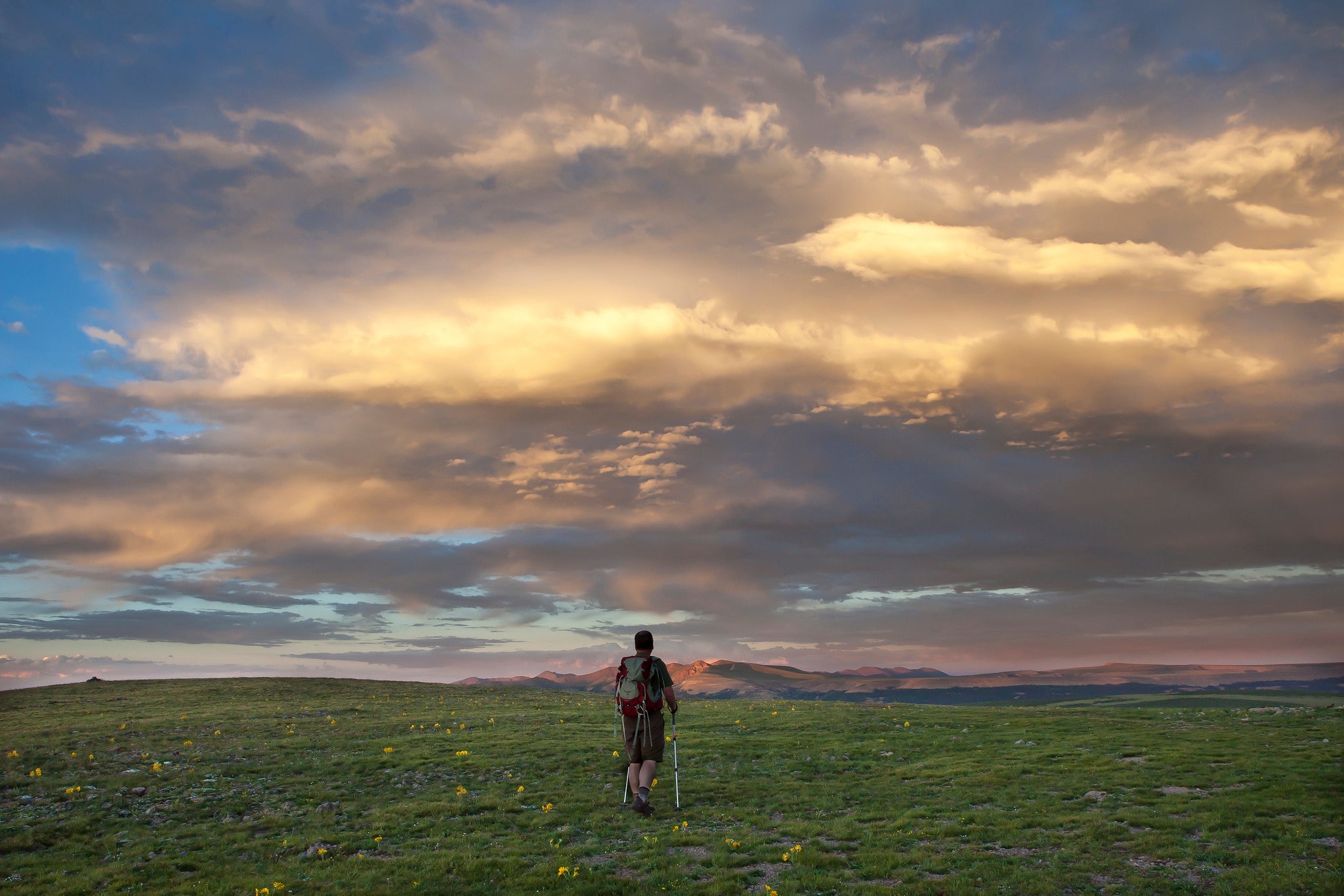Ask a Thru-Hiker: How Do I Choose a Hiking Partner for a Long Trail?

'Bob Wick/BLM'
Dear Snorkel,
Help! I’m worried about finding a partner for my thru-hike. Should I look online, or do you have another suggestion?
—Solo and Stressed
Dear Solo,
Tread carefully. While hiking alone can be scary, backpacking for months on end with a bad partner can be disastrous. That’s part of why most thru-hikers decide to start their journey alone.
Resist the temptation to search for a hiking partner on an internet forum. Just because someone is starting the AT or PCT the same day as you doesn’t mean that you will have anything else in common. That may be fine on a weekend trip, but on a three-month hike, you may find that you can’t overcome your differences.
Examine your reasons for hiking with someone else, and see if there’s another way to resolve them. If you’re worried about safety, will an emergency beacon make you feel more secure? If you’re looking to share the weight of gear, could upgrading to lighter versions of what you’ve got achieve the same goal?
If you’ve done all this and you’re still set on starting out with a partner, then start vetting candidates. The most important criterion is that your partner is 100% invested in hiking the trail for its own sake. Often when hiking with friends, family, or a partner, one person has always dreamed of going on a long trail and the other is just supporting that dream. That person might be happier sending you care packages or meeting you along the way. Reduce conflict right of the bat by hiking with someone who has dreamed of this trip as much as you have.
This is a tough thing to do, and it’s one reason why I advocate for meeting hiking partners organically along the way. The people you meet on your long walk have taken the initiative to get themselves there without pressure from others. Chances are the two of you have a lot in common.
Be aware that hiking can change or even break friendships and relationships. Many seasoned hikers have found that their romantic partner may not be the best hiking partner. Some hiking couples even choose to hike long trails separately from their partner so that they can each experience a trip in their own desired way. The stress of new problems and unfamiliar surroundings can bring out the best—and the worst—in people.
Once you’ve settled on your partner, make sure you’re both prepared. If you’re hiking the PCT, get permits for the same day. Go on practice backpacking trips with your partner to make sure you are both are physically fit and competent at using your gear; once you’re on the trail, it becomes both of your problem. Take courses together including Wilderness First Aid. The more time you spend together in the backcountry or learning together about what can go wrong on a hike, the better your discussions will be about how you will address issues when they arise.
Finally, develop a strategy and plan. Discuss “worst case scenarios” with your potential hiking partner well before you go. The better you plan for injuries, storms, and mental stress, the more likely you’ll be to stick it out together.
Happy hiking,
Snorkel